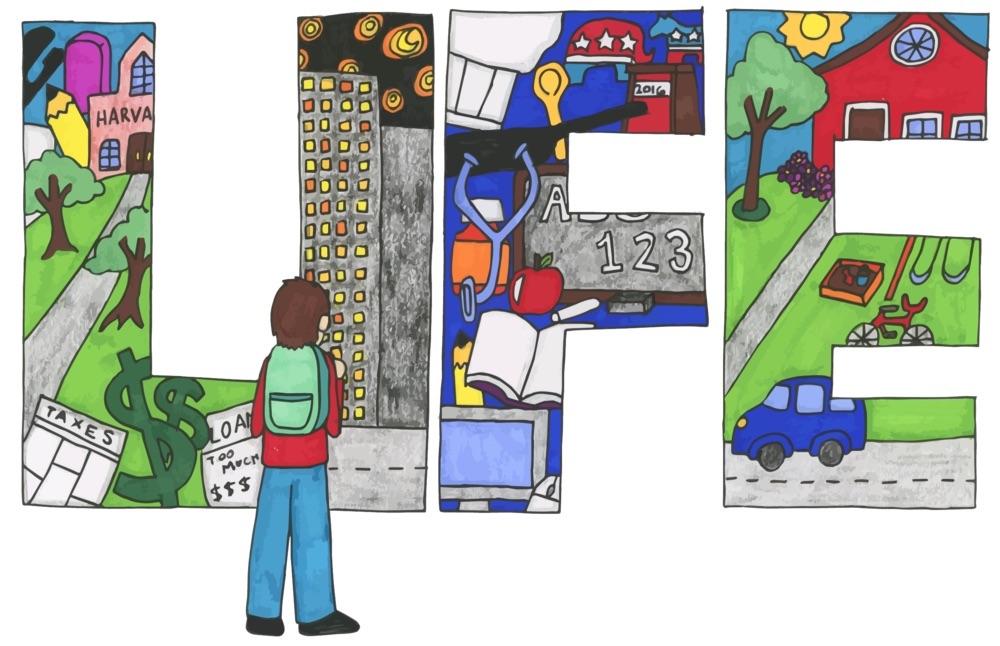Remember the old saying, “Don’t discuss religion or politics”? There’s some wisdom in that. These topics can be great between close friends or people who are both interested. Many students on campus, however, bring these serious topics up with people they barely know, both in sharing their own perspective (without being asked) and in asking others to share theirs.
I’ve been asked to share among a group of people I barely know what my biggest sin is, what I am naming my future kids, my position on gay marriage and other personal topics. As a debater, I am more likely than most to engage in discussions on controversial issues. But even I can get uncomfortable in these discussions.
The issue is the depth of the topic does not match the depth of the relationship. Social Penetration Theory states that in relationships individuals start out on a shallow layer and discuss shallow topics such as hometown or favorite movie (think discussions during Traditiation). As people grow closer, they slowly go deeper in the topics.
When identifying a level of personal disclosure, one should consider whether the information is appropriate for that stage in the relationship and the context. Individuals can unintentionally hurt communication or the relationship by sharing, or asking the person to share information that is too personal. Instead of diving into these topics regardless of whom the conversation is with, competent communicators engage in discussion aware of how their communication affects others and creates unique messages for the specific individual. They also communicate in a way that promotes relational development, which may mean saving some topics for later.
In your discussions with those around you, religion and politics may be an appropriate topic. But if you are talking with an acquaintance, consider whether the relationship is right for the topic.
Contact Madison Garner at mgarner16@my.whitworth.edu








 Spokane?
Spokane?